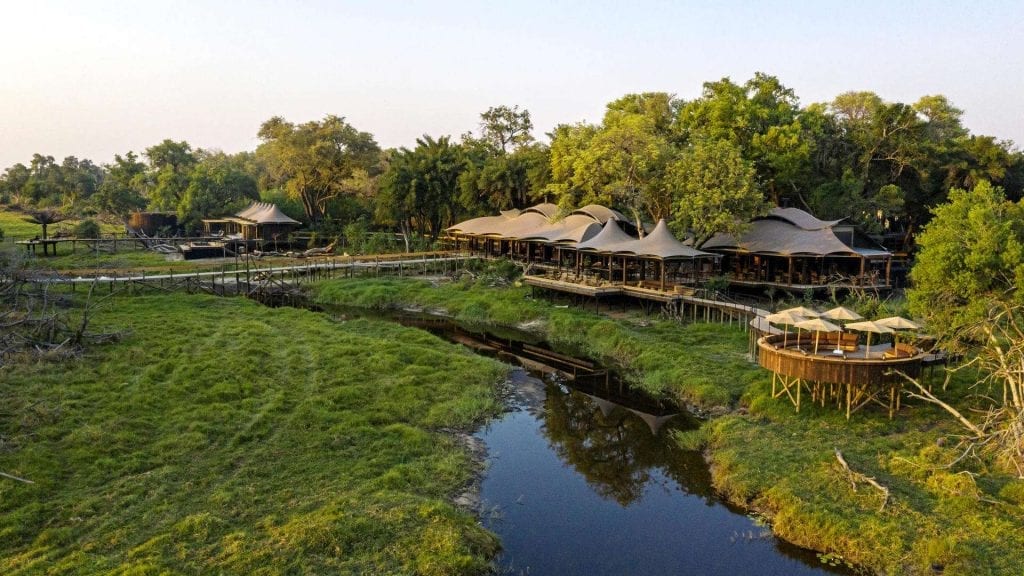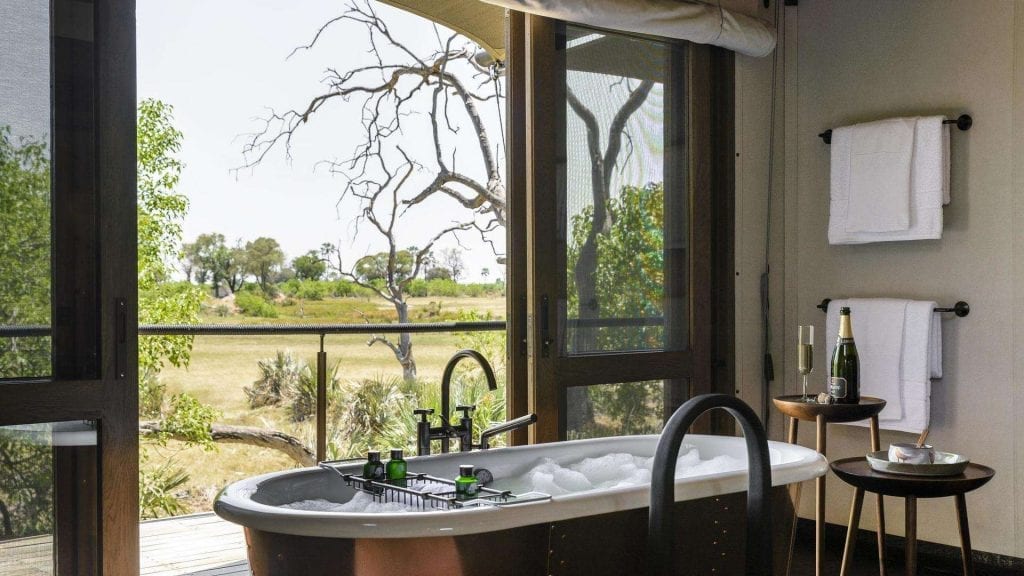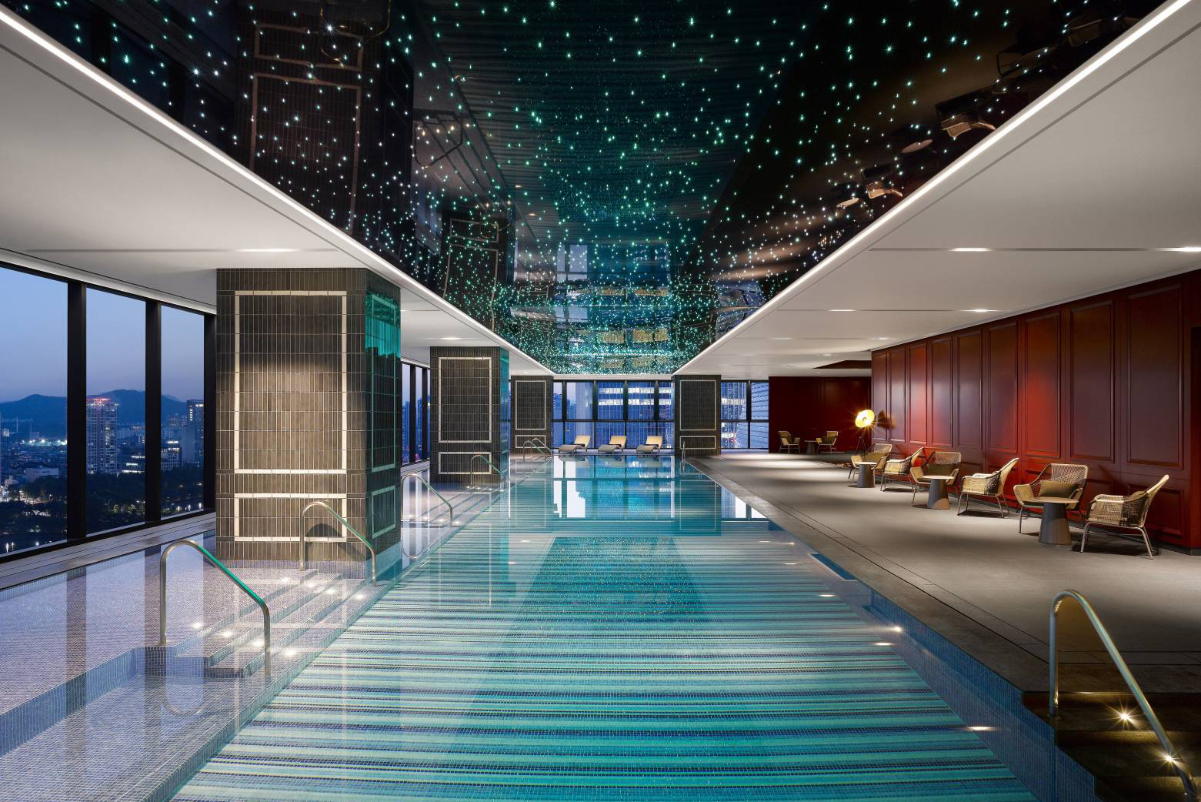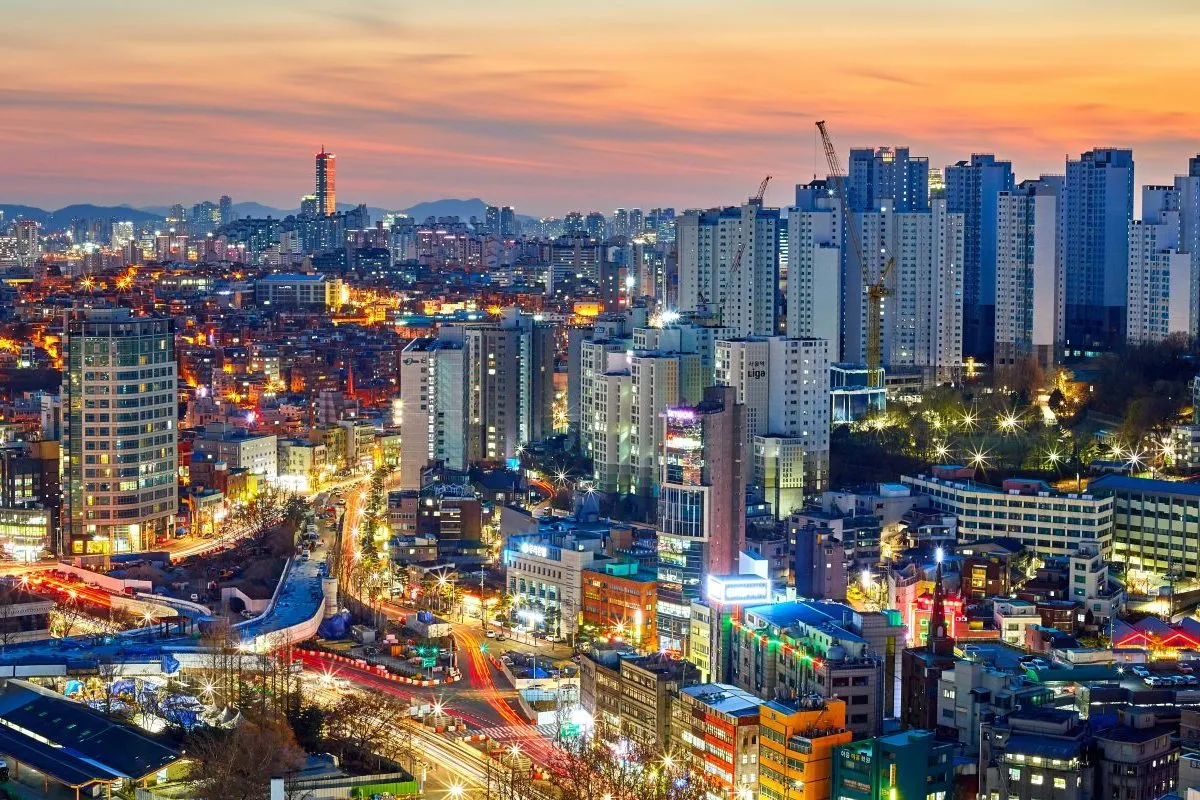Botswana Wildlife Camps Prepare for Evolved Post-Pandemic Travelers
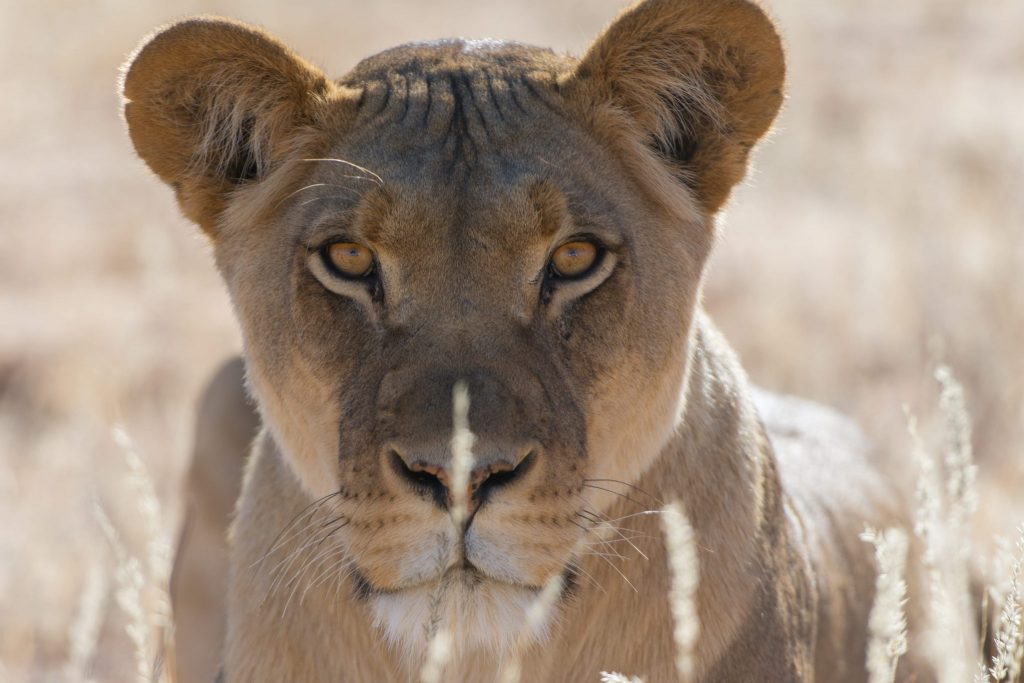
Skift Take
Landlocked in pristine wilderness, Botswana is known for its colorful sunrises and lush oases where zebras or elephants can be seen sipping from its soothing waters.
That’s always been their natural habitat, with people always passing through as their curious visitors, observers, and sometimes sadly — their poachers.
Since the pandemic, people have slowly started to recognize the importance of preserving wildlife for our own wellbeing, health, and so that we could better guard the planet against the growing risks of climate change and infectious diseases.
In the midst of these changes happening in tourism and travel, wildlife camps in Botswana have had to set up new rules to regulate the movement of tourists, resulting in both financial and operational challenges. But this has also given businesses that depend on wildlife tourism a chance to redefine their eco-tourism strategies.
Neil Midlane, Group Impact Manager of Wilderness Safaris, told Skift that the pandemic has certainly kept their camps on their toes over the last year.
“One of the biggest realizations out of this pandemic is that we have to find ways of making the support for conservation and communities that comes from a business like ours more robust to future challenges of this nature,” said Midlane.
Wilderness Safaris Group has about 40 luxury lodges across seven African countries — namely Botswana, Kenya, Namibia, Rwanda, Zambia and Zimbabwe. Its camps are all located in some of the continent’s most remote, pristine spaces. The group also boasts being amidst game-rich wilderness areas, yet helping to “preserve biodiversity, conserve wildlife and uplift local communities.”
Like other camps in the region, Covid-19 has forced Wilderness Safaris to not only improve their standards of preserving biodiversity, but live up to them. This has translated into more focus on new offerings that also support the local community.
“People across the globe are realizing the importance of making a positive contribution to reducing global warming, to saving the world’s wild places and conserving species,” said Midlane. “There is also a growing realization of the importance of investing locally, empowering local communities and creating businesses to sustain them, and tourism can be a big contributor to this.”
Botswana is home to different wildlife species, including about 130,000 elephants — the largest population in the world.
But its beauty has proven to be a double-edged sword. On one hand, the pristine wildlife and wide open spaces have allowed the country to prop up its tourism sector, which contributed 13.1 percent to its GDP in 2019, up from 6.3 percent in 2000. In 2019, tourism and travel also accounted for 8.9 percent of total employment.
On the other hand, sectors like tourism can often drain and deplete the very natural resources and local wildlife that they depend on if they aren’t managed consciously and carefully.
One year ago today, coronavirus preventative measures brought travel and even our daily routines to a shocking standstill. People spent much of their time indoors and in isolation, giving many travelers the time to question humanity’s relationship with nature and the world around us.
“There seems to be a growing realization that the Covid-19 outbreak is closely linked to the destructive relationship that humanity currently has with the rest of nature,” Midlane said.
Many people have missed that connection with the outdoors over the past year. That’s one reason why retreats are trying to meet the needs of evolving travelers, who are now looking for ways to reconnect with mother nature.
Xigera, a new property by Red Carnation that officially opened to tourists on January 1 2021, said it has a growing appetite for socially conscious travel over the past few years and expects this trend to rise even more going forward.
“Especially in a post-pandemic world, we believe travelers will continue to seek conservation opportunities as a way of giving back and to preserve these beloved areas of the world,” said Jonathan Raggett, managing director of Red Carnation Hotels.
As an outdoor luxury camp, Xigera was already designed with social distancing in mind.
Located in the verdant floodplains of the Okavango Delta, the camp allows its guests to become immersed in nature. It also only allows a maximum capacity of just 24 guests staying at the lodge at any given time.
“Travelers crave more meaningful experiences because they know how to ask for them and where to look for them,” Raggett told Skift. “Thanks to the millions of resources available at their fingertips to research a brand’s sustainability efforts, agricultural contributions and involvement with the local community, travelers are more mindful when choosing the destinations to visit and spend their money.”
The luxury lodge, which is partly diesel-free, has also been built with sustainability in mind, another selling point that will be on the minds of many consumers in a post-pandemic world.
Xigera currently has 95 percent of its energy needs sourced by a solar hybrid-power system that is powered by a 400kW Tesla plant using lithium iron batteries and Tesla inverters. Their next target is to reduce most unnecessary single-use plastics by December 2022.
One thing that has changed during the pandemic, however, is their intended audience.
Historically, Botswana’s tourism marketing has focused on international visitors, with domestic marketing only being explored since the pandemic. The country's tourism products are largely wildlife-based and highly priced, leaving many citizens with little option but to travel outside the country.
“We have introduced immersive experiences to capitalize on the fact that people often don’t appreciate, or get the opportunity to enjoy, what is on their doorstep,” said Raggett.
There are still many concerns surrounding global travel — from hygiene, health and safety, to sustainability and a need to respect local cultures.
“We’ve partnered with Southern Guild to commission more than 80 artists for nearly 90 percent of the lodge’s standout artworks and furniture pieces that adorn Xigera and believe in the importance of highlighting these African influences,” said Raggett.
In the past, there was also a tendency for safari itineraries in Botswana to incorporate several lodges in one visit, with guests constantly moving every few days. But since the pandemic, that has changed, reducing the human and carbon footprint in pristine regions.
“Guests realize you don’t necessarily see more by visiting more areas,” said Raggett. “This is less disruptive, and more relaxing for guests; it is also a more sustainable way of conducting a trip.”
CORRECTION: An earlier version of this story incorrectly stated that Xigera is diesel-free based on an outdated factsheet issued by the lodge.
Skift’s in-depth reporting on climate issues is made possible through the financial support of Intrepid Travel. This backing allows Skift to bring you high-quality journalism on one of the most important topics facing our planet today. Intrepid is not involved in any decisions made by Skift’s editorial team.
